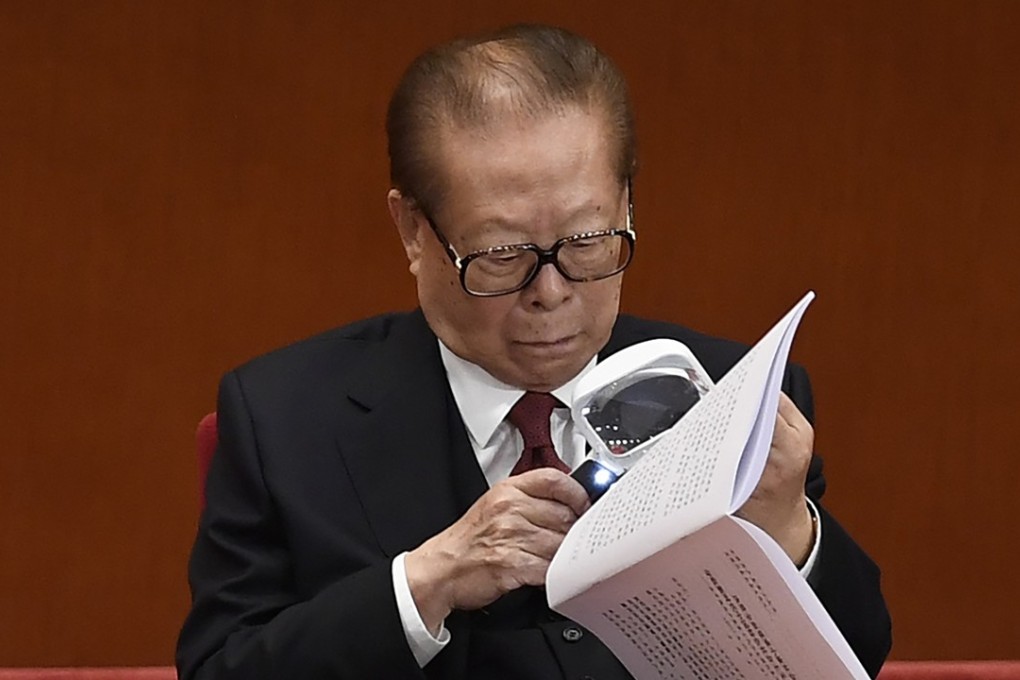Quick Take | Opinion: Why China’s Xi might come to regret all that power
The Chinese president’s authority may have been enhanced at the congress, but the party’s connection with ordinary Chinese is not what it was under Mao, and if things go wrong, one man’s carrying the can

Perhaps it was deliberately to reassure the outside world.
In the elite enclave of the Great Hall of the People in Beijing on October 18, while Xi Jinping as General Secretary was giving his epic report, his predecessor but one Jiang Zemin was gazing at his wrist watch, slumbering, sporadically yawning, and, at a couple of points, picking up a splendid white magnifying glass with inbuilt light and gazing quizzically at the speech text.
Even the most uncharitable have to admit for a nonagenarian this was a magnificent performance. After all, of all the two thousand plus people in the hall, Jiang was perhaps the least likely to ever fear Xi’s wrath. Ninety-one-year-old former elite leaders, sons of revolutionary martyrs who have been active in the party since the late 1940s, don’t offer an easy target, even from the most ambitious of new leaders.
Jiang was allowed to fumble, slumber and mumble to himself with impunity. Everyone else was under strict instructions to sit up and look alert.
WATCH: Xi Jinping’s marathon speech in 3 minutes
The fact that in the years ahead Jiang’s cameo performance might well be the one event that sticks out the most in the memories of those looking back is no bad thing. The party wanted no drama, and no excitement. It wanted, in that dreaded phrase from British politics recently, the evidence of ‘strong, stable leadership’. And being a one party, centralised system it can achieve this. There were no mishaps. Xi remained central to everything, from his epic first day perorations to the writing of his Thought into the Constitution, to his appearance on the final day with colleagues in the new leadership line up who are largely seen as obedient, able administrators.
WATCH: ‘Xi Jinping Thought’ enshrined in the party charter

